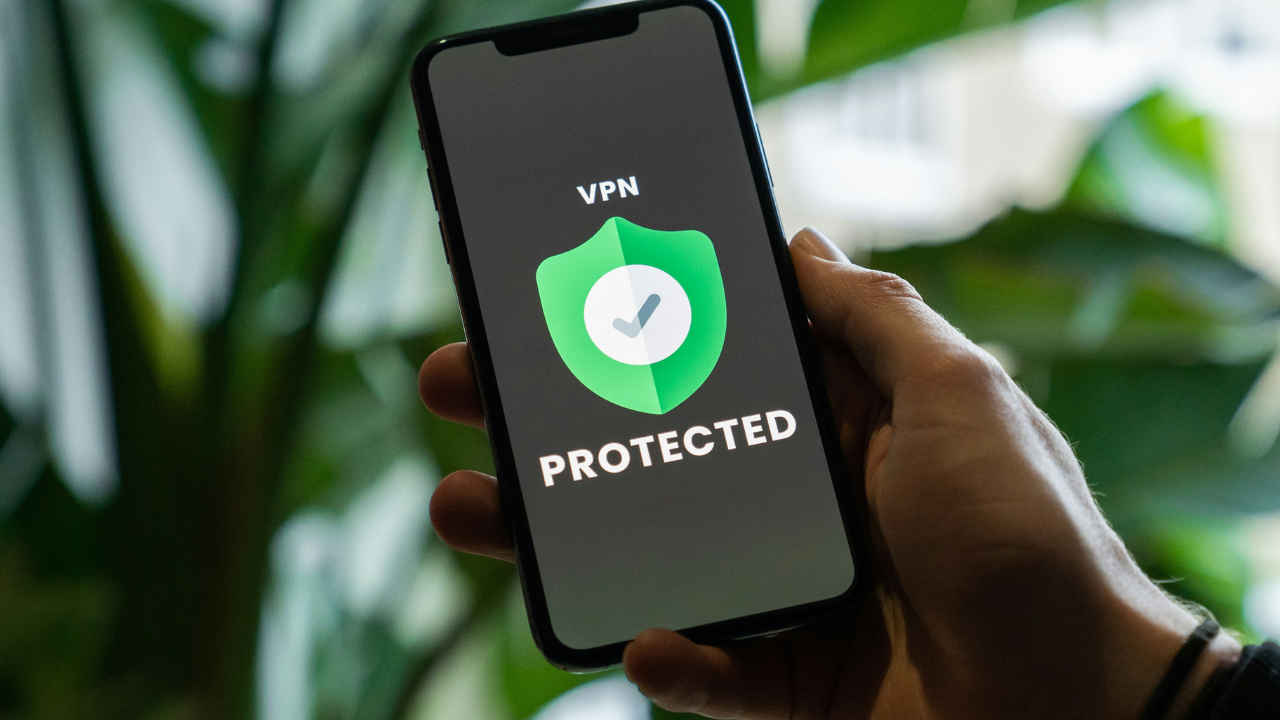
- Home
- Managed Services
- Cyber Security
- Blog
- About Us

We 365 Admin Support, just simplify your IT problems
Call for a free support. +91 96666 59505Platform Partnership
- Who We Help
- Shop
- Contact
- News






HIGHLIGHTS
Table of Contents
ToggleIn a recent move, tech giants Google and Apple have removed several virtual private network (VPN) applications from their respective digital marketplaces: the PlayStore and the App Store. This action follows an order from the Indian government, which necessitated that these apps adhere to the country’s 2022 VPN regulations that impose strict requirements on data storage for customer information.
The Indian Ministry of Home Affairs (MHA) mandated the withdrawal of six specific VPN applications, among which are Hide.me, PrivadoVPN, and Cloudflare’s 1.1.1.1. These applications, along with many others, were unable to conform to the rigorous cybersecurity framework that dictates VPN providers, cloud services, and data center operators to retain comprehensive records of customer details—including names, addresses, IP addresses, and transaction histories—for a minimum duration of five years.
This move finds further context in a report by TechCrunch, indicating that the Indian Cyber Crime Coordination Center, under the purview of the Ministry of Home Affairs, was the body responsible for requesting the removal of these applications. According to the report, Apple confirmed the action to developers, elaborating that the removal was “demanded by the government body.” As of now, no official statement has been released by the MHA, Google, or Apple regarding this matter.
The issuance of this directive follows a significant response from major VPN providers who voiced their concerns about the regulatory framework. Notorious names in the industry—including NordVPN, ExpressVPN, and SurfShark—expressed worries about potential breaches of user privacy and the broader implications of complying with such extensive data retention rules. Notably, many of these providers have shifted their server infrastructures out of India, while still catering to Indian customers, even though their applications are not actively promoted within the country.
It’s essential to highlight that these regulations showcased a distinct lack of applicability to corporate or enterprise-level VPN services. The Indian government has previously issued warnings, stating that companies refusing to comply with the new regulations would face the risk of being expelled from the market—a stance that sends a clear signal about the seriousness with which these regulations are being enforced.
The implications of these regulatory changes are quite significant as they not only affect the operations of VPN providers but also raise critical questions around user privacy and data security in an increasingly digital world. Users who depend on these VPN services for online privacy may find themselves at a crossroads, as the availability of compliant services diminishes.
Moving forward, the actions taken by Google and Apple underscore the ongoing tension between governmental regulations and the principles of privacy and anonymity that many VPN services aim to uphold. This situation may serve as a landmark case in how governments regulate digital privacy and data collection practices, sparking conversations on the need for a balanced approach that safeguards user rights while addressing national security concerns.
As the scenario develops, it remains to be seen how this will impact the user base in India and whether additional measures will be implemented to protect their online privacy. Users seeking alternatives might need to explore new VPN options that comply with local regulations without compromising their privacy. The onus is now on VPN providers to adapt and evolve in a landscape that is becoming increasingly scrutinized by governments.